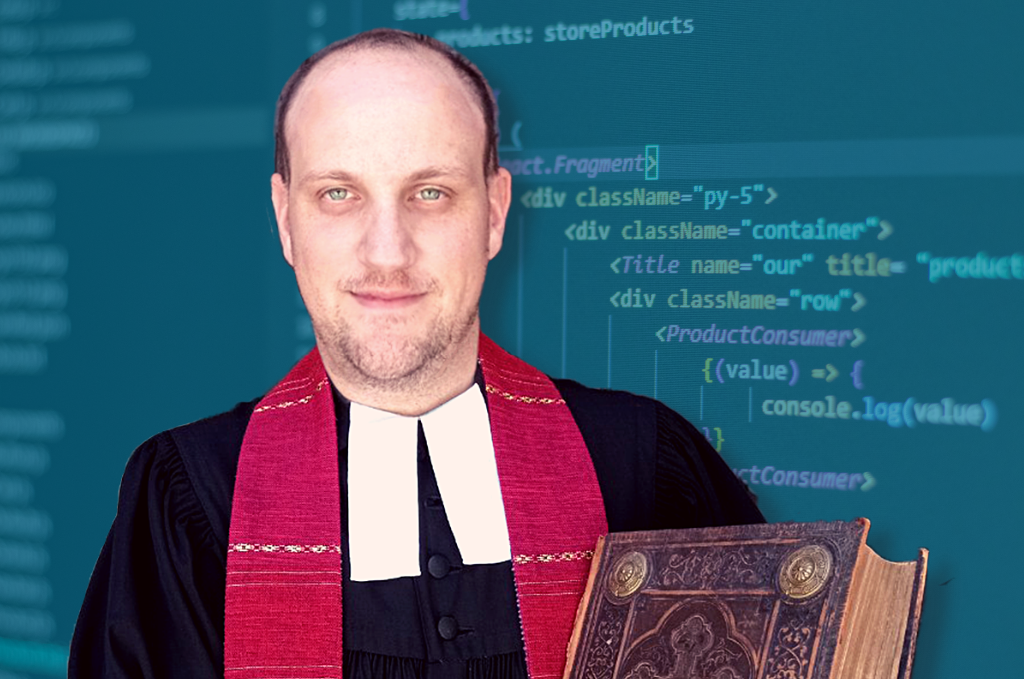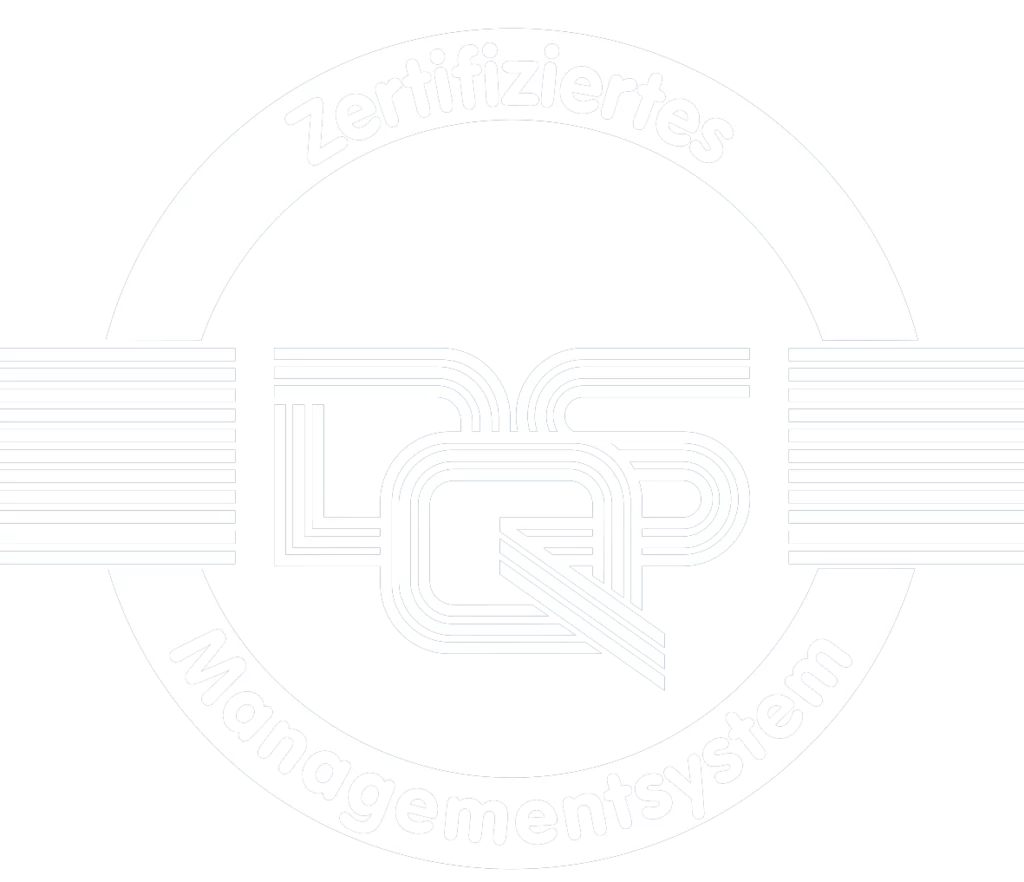Clemens Dinkel was only 17 when the spiritual and the technical worlds first did battle within him. The son of a Christian Protestant pastor, a part of him wanted to follow in his father’s footsteps and study theology at university; he had always been fascinated by the philosophical dimension of religion, and his favourite way to spend time was to sit around a campfire with his friends and debate questions like ‘does the universe have an end?’, or ‘does chance truly exist?’.
Another part of his young mind was just as fascinated by the world of computer programming, but here the path ahead seemed more intimidating.
“I was afraid I’d have to compete with people who had been coding since they were 10 years old,” he tells me today, looking back. “I knew more about computers than most people my age, yes, but doing actual programming? That felt like something reserved for an elite to which I did not belong. Besides, I already spent enough of my free time in front of a computer screen. I thought it was best not to add any more.”

And so Clemens signed up for a degree in Theological Studies at the University of Tübingen, with a view of one day working for the Evangelical Church in Germany. The clash between the technical and the spiritual was over.
Indeed, over the next few years, it seemed like the ghost of programming had ceased to haunt him. Just before starting university, Clemens was sent to the UK as a modern missionary, and discovered the rewards of working among real people, teaching the young and assisting the elderly. Later, working as a vicar back in Germany, he delivered baptisms, united couples in wedding ceremonies, and spoke at funerals. Preaching was something he enjoyed.
The seeds of his old doubt, however, would soon flourish again. At one congregation of religious functionaries which he attended, the matter at hand was how to to relieve pastors who were overloaded with work and at risk of burnout. It was a worthwhile and important topic, but the result of the meeting was almost comically absurd – the measures agreed on seemed to give the pastors in question more things to do, not less!
The more he worked for the church, the more its contemporary systems appeared inefficient and dysfunctional to him. He looked into the numbers, and realised that 2019 had been the year of two contradictory records for the church – the highest economic revenue, and the highest number of people leaving for the good. For Clemens, this simply did not compute.

“The breaking point for me came when I had to take an exam to progress from vicar to pastor,” he explains. “I knew that God could see all the doubts I was having, and as I walked on the way to the exam, I said exactly these words: ‘God, you know my doubts. If you want me to do something else, today is your chance’.
“So then I failed the exam, which meant that if I wanted to continue my work with the church, I would have to spend another 6 months as a vicar and move cities – one more time – together with my wife and children. The moment I got home that day, I switched on my computer and started googling how to become a programmer.”
The old dilemma was rekindled, but things had changed since Clemens was 17. He had a family now, and neither the time nor the funds to start his university career again from scratch. “I needed something that was as time-efficient as possible. I’d read about coding bootcamps and they seemed like exactly what I was looking for – intensive and job-oriented.”
And so it was that Clemens returned to that old crossroads, now at almost double his original age (he was 30) and went down the other path, signing up for the WBS CODING SCHOOL bootcamp in Web Development.
It certainly made for a big change of pace.

“At the beginning it seemed easy,” he chuckles, “then came DOM manipulation, which was hard, and by the time we started with React I was completely, hopelessly overwhelmed! At one point I was really stressing out, but I told myself, hey, this is what a bootcamp is, this is what you signed up for. And so I steeled myself and kept going.”
And his efforts were rewarded: within 6 weeks of beginning to send out applications, he was offered a job at a software development company in Germany.
“The moment when I got the offer, it was just so awesome! I’d moved in with my mother-in-law shortly after the bootcamp to cut costs, and this job finally allowed me to become self-sufficient again. It was such a relief for me, and such a great moment for all of my family!”
It seems the technical path has given Clemens very much joy, but this leads to a natural and perhaps uncomfortable question – does this mean that the choice he made when he was 17, to study theology and become a pastor, had in fact been a mistake?
“I have asked myself that a lot,” says Clemens, looking meditative. “And I think the answer is no. I did what I was interested in when I was younger, and I found answers to my questions – as well as many new questions. But while I don’t regret entering the world of theology, I also don’t regret leaving it when I did. I’ve read that the 30s are the decade when most people change their careers, so in this sense my transition was fairly common.”
The part of his old job that Clemens enjoyed the most was preaching – doesn’t he miss that?
“No, because in a certain sense I never stopped doing that,” he says with a grin. “It’s just that now I preach code.”
Clemens Dinkel works as Software Developer for Neckar IT. He graduated from the WBS CODING SCHOOL bootcamp in Web & App Development in July 2021.






